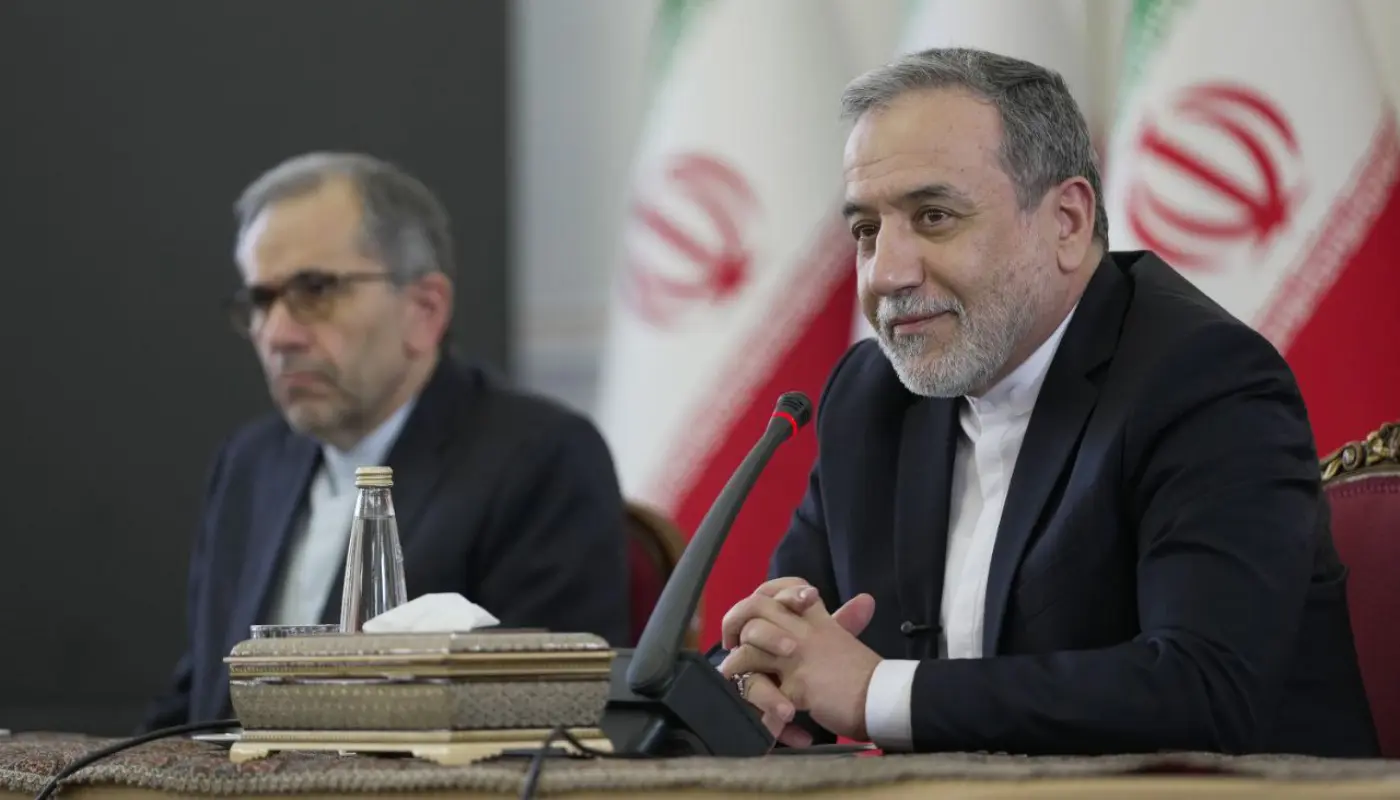TEHRAN – Iran has declared its co-operation with the UN nuclear watchdog, the International Atomic Energy Agency (IAEA), is “no longer relevant” following the reimposition of international sanctions.
The announcement by Iranian Foreign Minister Abbas Araghchi signals a major escalation in tensions over the country’s nuclear programme.
Mr. Araghchi stated on Sunday that the recent agreement signed with the IAEA in September, known as the “Cairo Agreement,” is now obsolete.
The Cairo Agreement had been intended to restore inspections and monitoring that were suspended following military strikes on Iranian nuclear facilities by the US and Israel in June.
However, the framework was rendered void, according to Tehran, after European signatories to the 2015 nuclear accord Britain, France, and Germany (E3) triggered the “snapback mechanism” last week.
This action reimposed a wide range of United Nations sanctions that had been lifted under the Joint Comprehensive Plan of Action (JCPOA), accusing Iran of non-compliance.
Speaking to diplomats in Tehran, Mr. Araghchi accused the European nations of undermining diplomacy by exercising their leverage.
He asserted that the E3’s action has “diminished their role and almost eliminated the justification for negotiations with them,” suggesting a much smaller European involvement in any future diplomatic efforts.
The Foreign Minister also criticised the IAEA for what he termed a “double standard,” pointing to the agency’s failure to condemn the June military attacks on Iran’s nuclear sites.
Tehran has long maintained that its nuclear activities are solely for peaceful purposes, though it continues to enrich uranium up to 60% purity, far exceeding the limits set by the original 2015 deal.
Iran’s decision raises serious international concern, especially given that IAEA inspectors have been largely barred from key nuclear sites since the June conflict, hindering the independent verification of Iran’s nuclear material stockpile, which is reported to be nearing the amount needed for several nuclear weapons, if enriched further.
While keeping the door open for diplomacy, Mr. Araghchi said the decision on future co-operation with the IAEA would be announced later.
Sources: Al Jazeera, Iran Ministry of Foreign Affairs, Kurdistan24, Middle East Monitor





